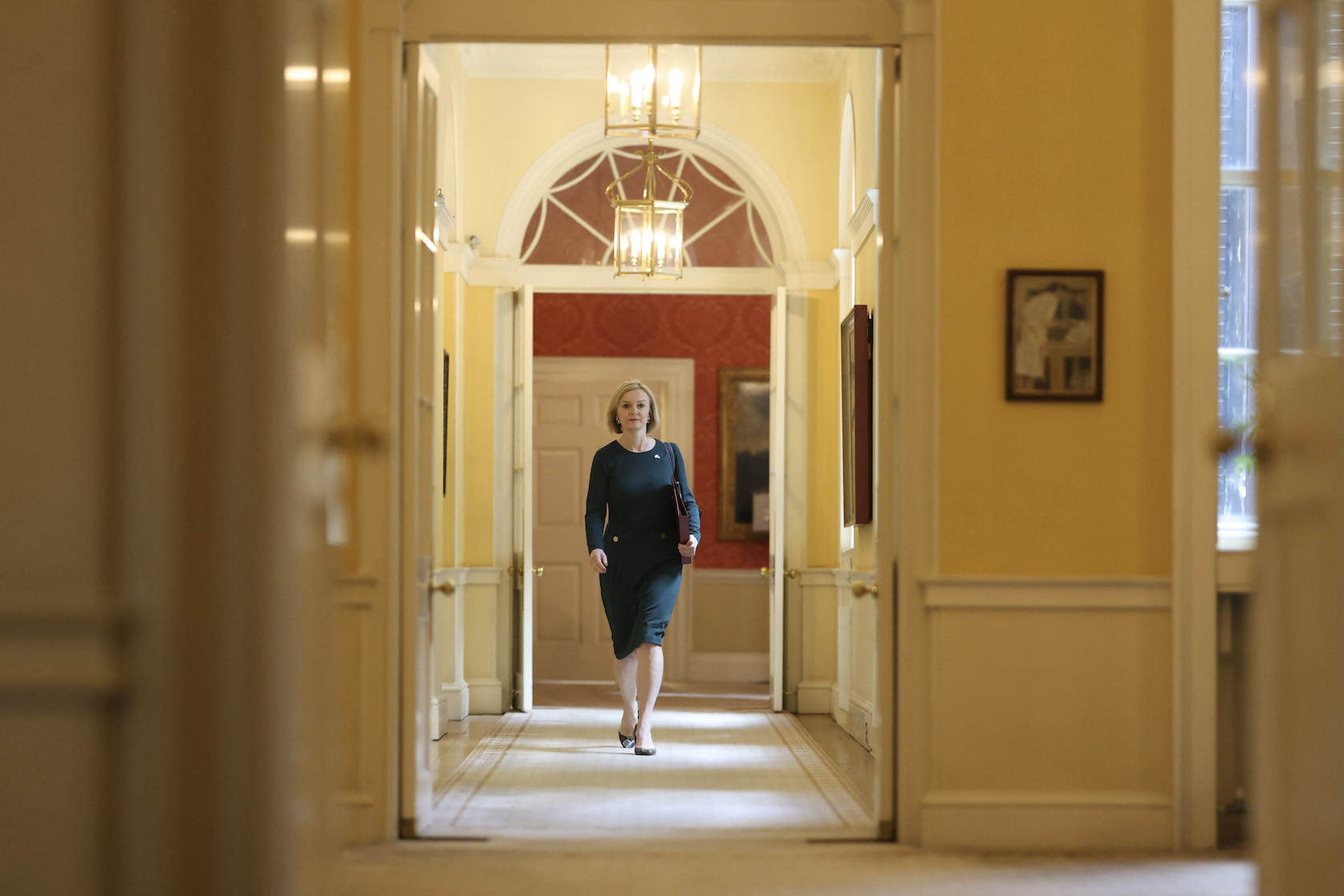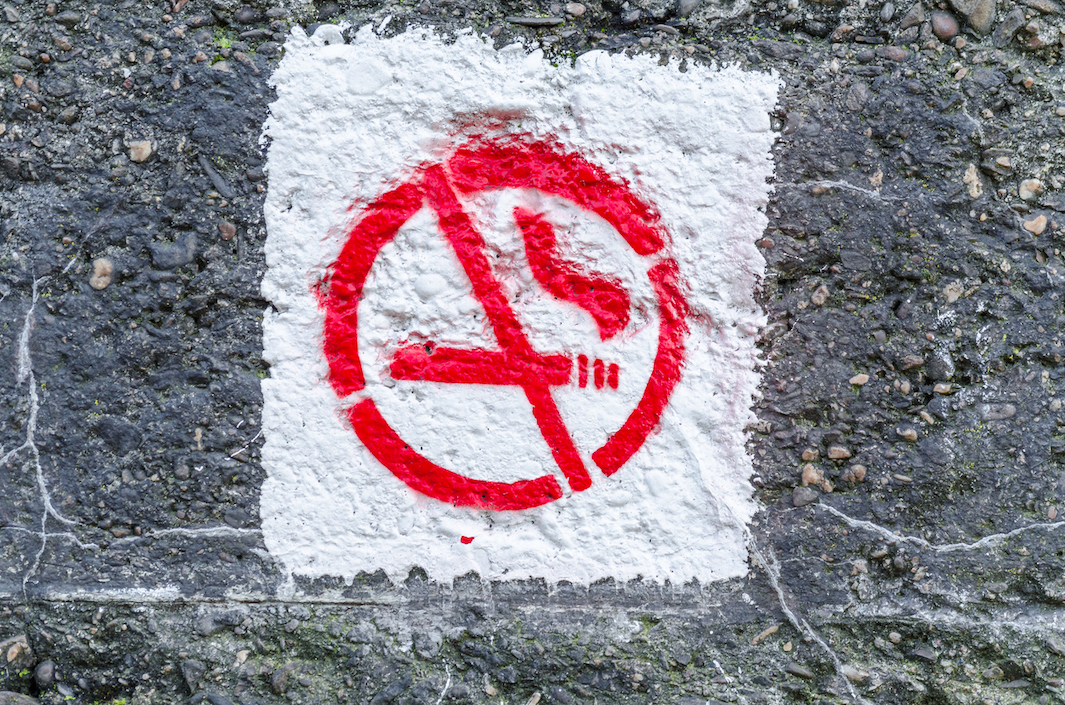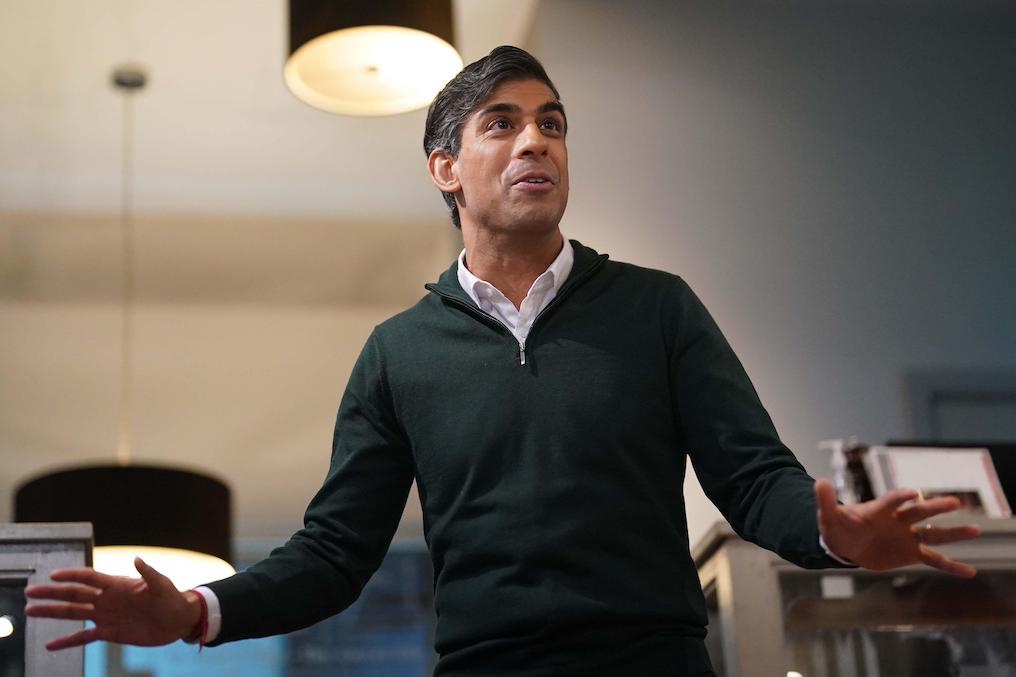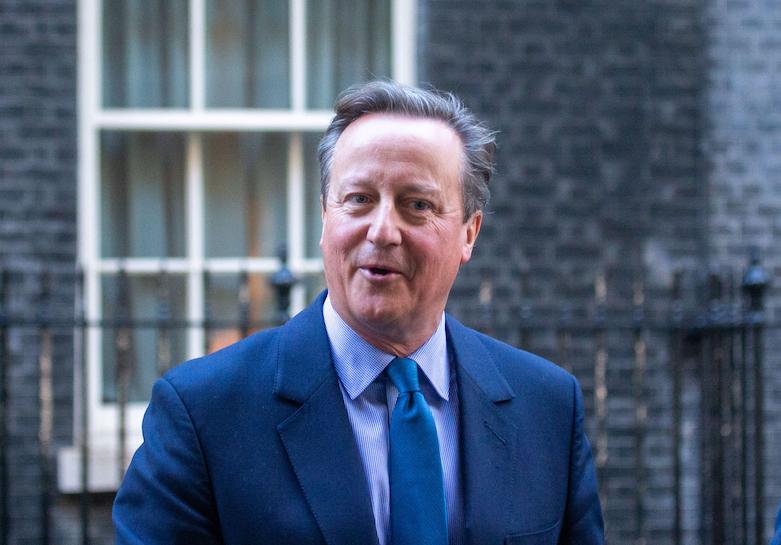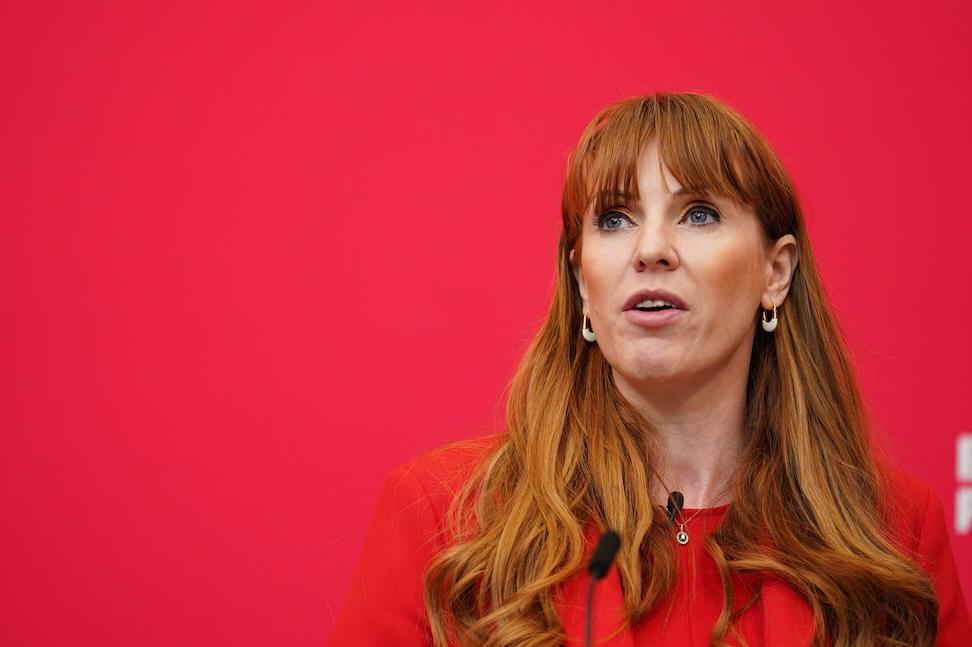Print media in the UK are not subject to any specific statutory controls on their content and activities, other than the general criminal and civil law. In this regard, newspapers and magazines, are different from the broadcast media, which is subject to statutory controls through Ofcom.
Instead the press effectively regulates itself through two primary press regulators. IPSO (Independent Press Standards Organisation) replaced the Press Complaints Commission (PCC) in 2014. There is also a secondary regulation body called IMPRESS.
Since the Second World War there have been seven investigations into the UK press, with the last being the Leveson Inquiry in 2012.
Should the press in the UK be regulated? Arguments for statutory Press Regulation
Those calling for statutory regulation of the press, argue that self regulation has failed to control the worst excesses of the media since the Second World War. Funded as it is by the newspaper industry, self regulation is always said to be likely to be ineffective, and incapable of keeping the press in check.


Responding to the creation of IPSO, post Leveson, campaigners point to how IPSO remains too tightly controlled by the press. They argue that the IPSO board has too much power to decide what it investigates, and that IPSO doesn’t even require its own judgments to be enforced. The Hacked Off campaign has described IPSO as a “sham” and “the illusion of reform”. It is also argued that the levels of the fines imposed by IPSO are insufficient to tackle ‘cheque book journalism’. The National Union of Journalists described IPSO as a ‘pointless regulator.
Suggesting that self regulation is merely there to create the impression that the media is under control, press regulation campaigners point to a number of continuing issues since the creation of IPSO. These relate to the apparent ‘hounding’ of families who were victims of the Manchester Arena Terrorist Attack, and a journalist persuading a grieving mother into an interview after infiltrating a wake at the family home pretending to be a well wisher.
Arguments against statutory press regulation
Those opposed to statutory press regulation of the press argue that the weaknesses of self regulation have to be assessed against the potential dangers of increased state regulation.
Statutory controls on press freedom are widely regarded as an unreasonable restriction on freedom of speech, and as such of democratic rights..
Responding to potential reforms, post Leveson, the Newspaper Society said it was tantamount to “state-sponsored regulation”.
The media industry argue that many of the points raised by press regulation campaigners, can equally be seen as attacks on press freedom, investigative journalism, and simply the right to say things that other people might find objectionable.
They argue that the concerns raised by campaigners for press regulation are the exemption not the norm, and that it is more important to maintain the freedom of the press.
Press regulation bodies
There are now two press regulators in the UK: IPSO and IMPRESS:
IPSO
Following Lord Justice Leveson’s proposal that the Press Complaints Commission be replaced by a new independent regulatory body underpinned by statute, the PCC was closed on 8 September 2014.
On the same day, a new Independent Press Standards Organisation (IPSO), which describes itself as “the independent regulator for the newspaper and magazine industry in the UK”, was established.
The PCC website itself described IPSO as a replacement of the PCC.
IPSO reviews concerns about editorial content in newspapers and magazines, and about the conduct of journalists. Members are required to submit annual compliance reports to IPSO.
IPSO handles complaints, and if it believes that an article breaches the Editors’ Code, the IPSO board can launch a standards investigation. If IPSO decides, following a standards investigation, that a publisher has not upheld the expected standards, it can require a member to publish an adjudication, impose a fine on the member of up to £1 million, and terminate the member’s membership of IPSO.
The Independent Press Standards Organisation now regulates more than 1,500 print titles and more than 1,100 online titles, including a number of the UK’s national newspapers. However several papers such as the Financial Times, the Independent and the Guardian declined to take part, and instead established their own independent complaints system.
Independent Monitor for the Press (IMPRESS)
A second regulatory body called IMPRESS was later founded as an alternative to IPSO. According to its website, in 2021 it was regulating 105 publishers and covered 175 publications.
The membership of IMPRESS covers a number of smaller media outlets rather than the major national newspaper groups. In October 2016, IMPRESS became the first press regulator to be recognised by the Press Recognition Panel of the Royal Charter on Press Regulation.
The history of press regulation in the UK
2013 Royal Commission
Post the Leveson Report, a Royal Charter on the self regulation of the press was set up by David Cameron in 2013. The Charter was also supported by then Labour and Liberal Democrat leaders, Ed Miliband and Nick Clegg.
This Royal Charter led to the creation of the Press Recognition Panel, as a fully independent body with the purpose of carrying out activities in relation to the recognition of press regulators.
Having already formed a new regulator (IPSO), which had wider powers than the previous Press Complaints Commission, much of the media industry then kicked back at the Royal Charter. The industry claimed that the Charter’s plan was neither ‘voluntary’ or ‘independent’.
IPSO refused to sign up to the Royal Charter on Press Regulation because it was underpinned by statute. It argues that a press regulatory body with any form of statutory backing is a slippery slope to licensing of the press.
The Leveson Inquiry
In 2011, the Press Complaints Commission had received considerable criticism for its lack of action over an emerging phone hacking scandal at the News of the World newspaper. This led then Prime Minister, David Cameron to announce a judicial inquiry into the culture, practices and ethics of the British press.
The inquiry was established under the Inquiries Act 2005, which gave it the power to summon witnesses to give evidence under oath and in public. The Inquiry was funded through two Government departments: the Department for Culture, Media and Sport and the Home Office.
Announcing the Inquiry, David Cameron told the House of Commons that, “What this country—and the House—has to confront is an episode that is, frankly, disgraceful. Accusations of widespread lawbreaking by parts of our press, alleged corruption by some police officers, and the failure of our political system over many, many years to tackle a problem that has been getting worse.”
Chaired by Lord Justice Leveson, the Leveson Inquiry held a series of public hearings between 2011 and 2012. It garnered evidence from numerous high profile witnesses, ranging from newspaper proprietors such as Rupert Murdoch to the victims of phone hacking like the actor, Hugh Grant. The Leveson Inquiry reported in November 2012.
Leveson found that the Editors Code which lay behind the previous system of regulation had ‘simply been ignored’. However Leveson warned that relying purely on legal enforcement was not necessarily going to be effective, because law breaking by the print media is typically hidden, with the victims themselves unaware of it.
Leveson recommended the creation of a new regulator that was independent of the press. However, recognising the press’s role in ‘speaking truth to power’, he argued that such a press regulator also needed to be independent of the State. This led Leveson to recommend a system of “self-imposed, but independently managed, regulation”.
In the words of Lord Justice Leveson, a new independent self-regulatory body should:
“Set standards, both through a code and in relation to governance and compliance … hear individual complaints against its members about breach of its standards and order appropriate redress while encouraging individual newspapers to embrace a more rigorous process for dealing with complaints internally; take an active role in promoting high standards, including having the power to investigate serious or systemic breaches and impose appropriate sanctions; and provide a fair, quick and inexpensive arbitration service to deal with any civil law claims based upon its members’ publications”.
Leveson set out a number of criteria for any potential new regulator. These were enshrined in a new Press Recognition Panel. This Panel is designed to evaluate press regulators to see if they are fit to be “recognised” under the post-Leveson settlement.
The early years of press regulation in the UK
In 1947, a Royal Commission on the Press was established following pressure from the National Union of Journalists, which had maintained its own code of conduct since 1936. In 1949, the Commission recommended the formation of a General Council of the Press to govern the behaviour of the print media, from conditions of employment and training, to issues of ownership, to promote the interests of the consumers, and to conduct research into the long-term social and economic impact of the print industry.
The industry was slow to respond, however, and it was only after statutory regulation was threatened that, in 1953, that the General Council was set up, funded by newspaper proprietors. The General Council, and its regulatory framework, was non-binding, and by the time of the Second Royal Commission on the Press in 1962 it had been subject to considerable criticism. The Commission’s report demanded improvement, particularly the inclusion of lay members.
In response, the General Council was reformed as the Press Council, which included 20 per cent lay members. It took a more activist approach, giving a number of authoritative rulings on press freedom and publishing a series of guidance booklets (Contempt of Court (1967), Privacy (1971) and Defamation (1973)).
However, the Press Council was criticised extensively in the Younger report on Privacy in 1973 and in the report of the Third Royal Commission on the Press, which reported in 1977. Commission chair Lord MacGregor of Durris warned, “it is unhappily certain that the Council has so far failed to persuade the knowledgeable public that it deals satisfactorily with complaints against newspapers”, and he urged the development of a written Code of Practice. The Press Council rejected this proposal, and in 1980, the NUJ withdrew from membership on the grounds that the Council was incapable of reform.
The Press Council had lost the confidence of many in the media, and the 1980s saw what many considered to be some of the worst excesses of unethical journalism and intrusions into privacy by the tabloid press. In response to two Private Members’ Bills promoting privacy laws, the Conservative government set up the Calcutt Committee to investigate the press in 1989.
At the same time, under the chairmanship of Louis Blom-Cooper, the Press Council attempted to reform, transferring its funding to the Press Standards Board of Finance (PressBof) and beginning work on the development of a written Code of Practice.
The 1990 Calcutt report recommended the setting up of a new Press Complaints Commission (PCC) to replace the Press Council. The new Commission would be given 18 months to prove that non-statutory self-regulation could work effectively and if it failed to do so, then a statutory system would be introduced.
In the view of the government of the time, the press rose to the challenge. The PCC was set up at the beginning of 1991 and at the same time a team of national and regional editors produced the Code of Practice for the new Commission to administer.
However, in his first report of 1993, the late Sir David Calcutt complained of the ineffectiveness of the PCC and called for statutory regulation. The Government delayed responding until 1995, when National Heritage Secretary Virginia Bottomley rejected regulation, proposing instead a series of reforms to the Press Complaints Commission..
Following the death of Princess Diana in 1998, the Press Complaints Commission came under pressure to reform again, and the Code was revised once more to better protect privacy and to take account of the Youth Justice and Criminal Evidence Act 1999.
By 2012, the Code had been revised almost 30 times since it was first published.
Statistics
“Just 27 per cent of Britons surveyed trust journalists to tell them the truth putting them alongside estate agents and professional footballers. Only politicians rank lower in the survey which saw 998 adults quizzed in October this year” – Annual Ipsos Mori Veracity Index relating to trust in professions, 2017.
57 per cent said they were in favour tougher press regulation. 5 per cent said they were in favour of less tough press regulation. –You Gov Poll, 2017
Quotes
“In March 2013, the three main political parties supported the implementation of Leveson’s reforms, and so did the public. In fact more than 175,000 people signed our petition calling for immediate implementation. 7 years later however, this has still not happened. Press abuse continues and in the place of the PCC, the majority of newspapers in the UK are ‘regulated’ by another toothless complaints-handling body, IPSO. We are committed to holding power to account and building a press which works for everyone”. – Campaign Group, Hacked Off
“The press provides an essential check on all aspects of public life. That is why any failure within the media affects all of us. At the heart of this Inquiry, therefore, may be one simple question: who guards the guardians?” – Lord Justice Leveson opening the inquiry hearings – 14 November 2011.









